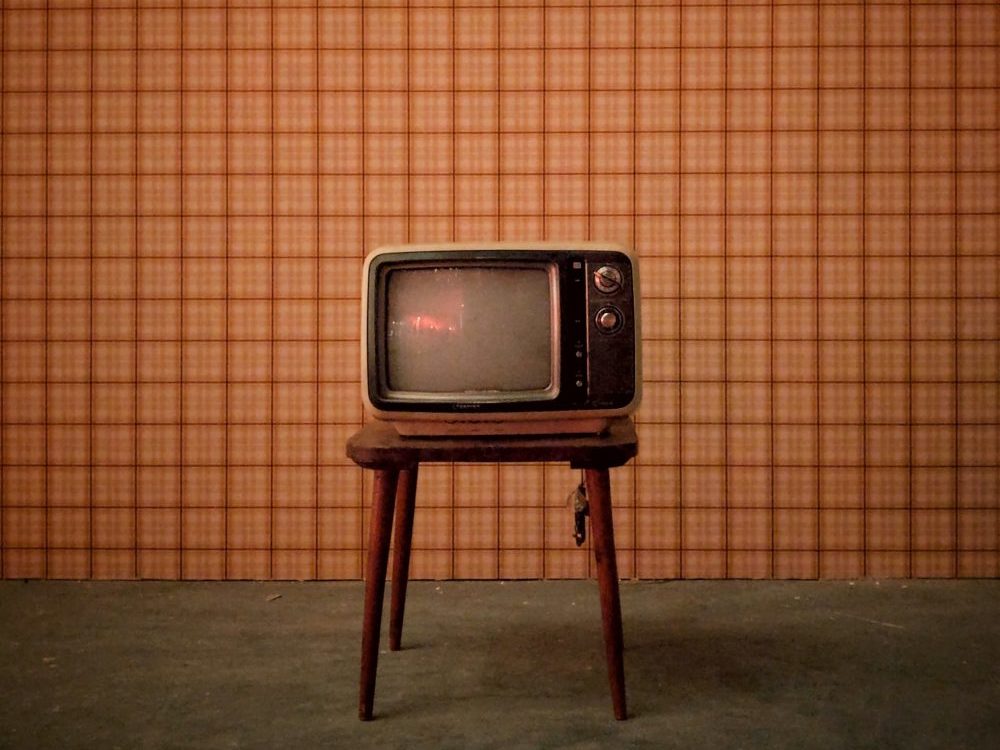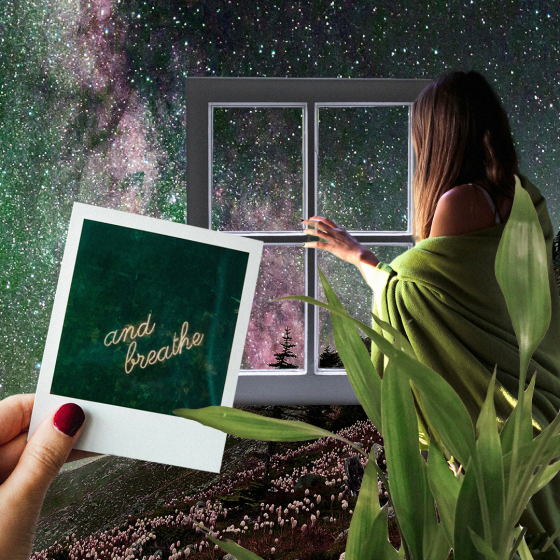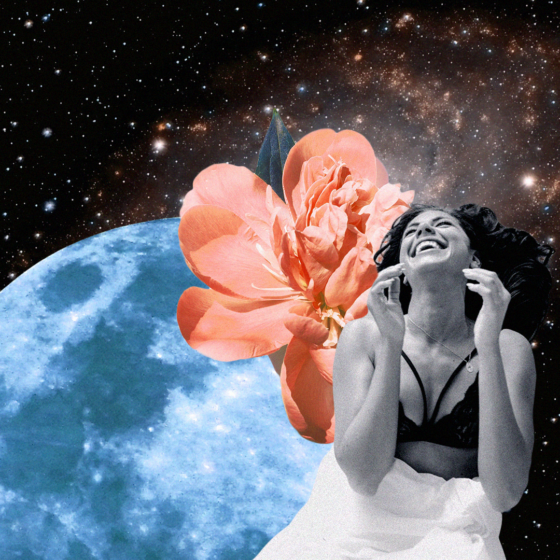“I’m bi”: those are the simple words that Rosa Diaz used to come out in season 5 of the hit comedy show Brooklyn Nine-Nine. As simple as they were, the effects were profound for the viewers at home, especially those that could identify with Rosa’s journey. For a long time, TV show writers and producers appeared to be deathly afraid of the word, and eager to push characters in one of two neat boxes, even when they exhibited sexual behaviour or attraction towards more than one gender; bisexual viewers have long been used to rolling their eyes at every conversation that started with, “What, are you gay/straight now?”
Brooklyn Nine-Nine changed all that, not only offering us a character with a clear idea of her identity, but also a frank depiction of the coming-out process, with its inevitable ups and downs. Between supportive friends and co-workers, and a more conservative family, Rosa allowed herself to be honest and vulnerable in front of those she cared about, but was also firm in sharing her conviction that she is who she is. It is a sentiment shared by Stephanie Beatriz, the actress who portrays her, whose personal experience permeated the script specifically to give a voice to the underrepresented and offer a positive perspective that has been lacking: “If I had seen something like that when I was a kid, I wouldn’t have felt as strange or alone or weird or, in some cases, for me … perverted”.
Luckily, it seems that these positive depictions are increasingly visible on TV. One such example is The Good Place, a delightful, feel-good comedy that doubles as a philosophy and morality lesson. The main character, Eleanor Shellstrop (brought to life by Kristen Bell), is a self-declared “Arizona trash-bag” who is set on changing her ways with the help of philosophy professor Chidi Anagonye. The profound spiritual bond between the two is a vital element of the show’s premise – they are soulmates, after all – and yet, the writers did not allow this heterosexual romance to erase the character’s identity. From offhand comments that she might ‘legit be into Tahani’, the other female member of the gang, to an explicit scene of same-gender attraction, Eleanor’s sexuality is effortlessly woven into the narrative. As William Jackson Harper, the actor who plays Chidi, puts it: “It’s not the reason for the show and it’s not a thing that is harped on, it’s just who she is”.
And then there is Tuca and Bertie, BoJack Horseman’s feminist cousin. I could spend ages going on about how an animated show about talking birds offers some of the most realistic depictions of modern society, the female experience, and relationships – but my focus will be on one of the two protagonists: Tuca, a lively, loud, unapologetic toucan voiced by Tiffany Haddish. Tuca’s sexuality is far from being the focal point of her personality or of the plot; instead, it is mentioned – or shown, rather – in a matter-of-fact way, just like it has been for heterosexual characters since the dawn of television. There are flashbacks of past relationships or comments on the sexual attractiveness of both male and female characters from a variety of species (monkeys, eagles, ducks – anything goes in the Tuca and Bertie universe). The words bi, straight, gay are never mentioned, but this is just as good as the honest reveal of Brooklyn Nine-Nine: it is a sign that, in this fictional universe, sexuality is the personal business of each of its inhabitants, in no way political or problematic. If only that were true of the real world!
Something that these examples have in common is that all three characters are female; indeed, even as TV and film have gotten so much better at giving onscreen time to bisexual women, male characters who are not clearly defined as straight or gay are much harder to find. Indeed, a recent study of media depictions shows that bi men make up less than 7% of LGBT characters on cable TV, compared to 23% for bi women and a staggering 46% for gay men. Even when they are there, it is not a guarantee that the portrayal will be a positive one that offers more insight into the lives of real queer people.
On the one hand, we have precious gems such as Oberyn Martell, the proud and confident warrior of Game of Thrones, or, closer to home, Jeremy Osbourne of Peep Show. On the other hand, however, we have the perpetuation of harmful stereotypes, as is the case with Logan Delos of Westworld, whose bisexuality is no more than a manifestation of his general depravity, or the minor character Aiden in How to Get Away with Murder, whose fiancée immediately writes him off as secretly gay upon finding out he has had same-sex relationships in the past.
All in all, men seem much more likely to be presented as monosexual in media, one way or the other. In season 3, episode 5 of The Good Place, Eleanor seems to make a sly comment on this: “More guys should be bi. It’s 2018, get over yourselves”. Personally, I see this line not as an invitation for men to give a new sexuality a go (which would be quite an insensitive proposal), but an encouragement for writers and producers of mass media to diversify their representation of the LGBT community.
Until then, we can appreciate the progress already made, and look forward to more characters that we can identify with and enjoy.









